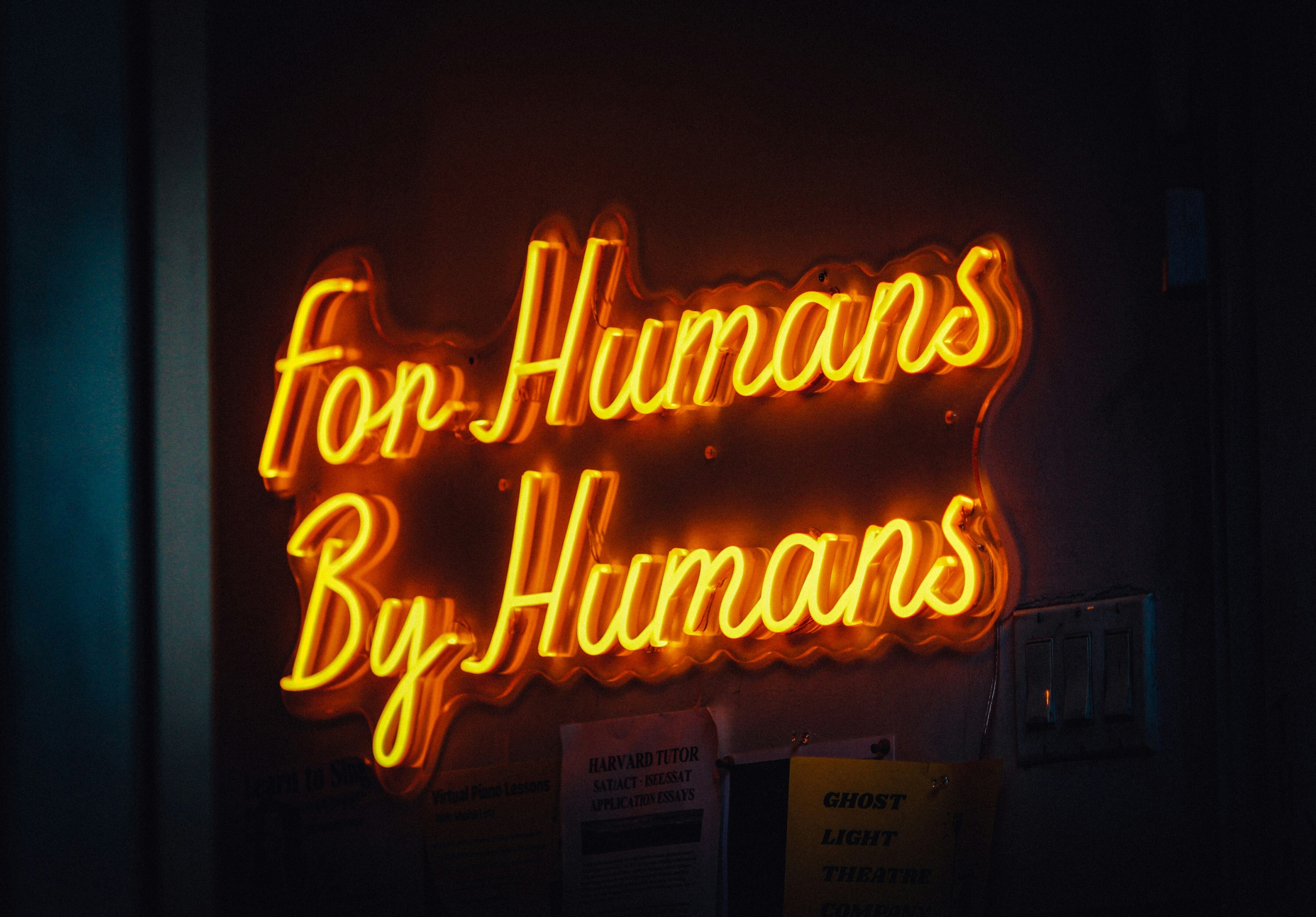What it means to be a college graduate in the COVID-19 era

Expected hires will drop by over 6,000.
Image: Unsplash/Joshua Hoehne
Stay up to date:
Education, Gender and Work
- The college graduate job market is expected to decline for the first time in a decade.
- According to research by Michigan State University, the number of expected hires will fall from 63,555 to around 59,000.
- The change is expected as firms adjust their hiring patterns amidst COVID-19.
The job market for new college graduates is expected to decline for the first time in more than a decade as firms adjust hiring patterns during the COVID-19 economic slowdown, a new study shows.
Compared to 63,555 expected hires in the previous Collegiate Employment Research Institute annual Recruiting Trends survey from Michigan State University, more than 1,000 companies responding to this year’s 2020-2021 survey report new hires will near 59,000, says Phil Gardner, author of the survey and the Institute’s director.
Employment is expected to increase among those with associate’s degrees, but decline among those with master’s and MBA degrees.
The overall employment picture during COVID-19’s economic disruption has altered the landscape for new college graduates, Gardner says.
“There’s a lot of negative pressure on the college labor market,” he says. “Employers prefer more experience to more degrees.”
Employers are taking advantage of a large experienced labor pool now available. Some are also shifting to just-in-time hiring to adjust to the changes brought on by COVID-19. In addition, some employers are converting full-time positions into part-time positions, Gardner says.
Recruiting is down
Overall, the survey found 25% of employers suspended spring 2020 recruiting and hiring or rescinded offers already extended during spring recruitment. Internships were hit even harder, as 40% of responding employers suspended recruiting and hiring or rescinded offers.

Intensifying an already difficult situation, colleges and universities suspended for-credit courses and internships associated with them even when employers remained willing to host, the report shows.
Employers absent from campus during fall semester raises even more concern. Recruiting Trends found:
- Twenty-five percent of employers who would typically be on campus this fall are absent and do not expect to hire or will re-evaluate hiring needs in January for spring.
- Of those who provided hiring information, 37% were talking with students, but had no idea if they will be hiring.
- More than 40% that are hiring expect to reduce the number they hire.
Virtual internships
There is some positive news for college students; internships have rebounded, but not to the same level as before COVID-19. The global pandemic forced many workers home to work remotely, and some employers also found opportunities to hire interns virtually.
“For organizations where virtual internships have worked well, expect more in the future,” Gardner says. Students need to understand employers will continue to use virtual tools to recruit, hire, and employ people, he says.
Looking ahead, employers don’t expect a quick recovery of the jobs lost to COVID-19 or a regaining of the momentum of the college labor market that started in fall 2019. Nearly half—48%—of those surveyed believe it will take two to three years to recover and another 15% predict it will take even longer.
A complete summary of the report is available online.
Accept our marketing cookies to access this content.
These cookies are currently disabled in your browser.
Accept our marketing cookies to access this content.
These cookies are currently disabled in your browser.
Accept our marketing cookies to access this content.
These cookies are currently disabled in your browser.
Don't miss any update on this topic
Create a free account and access your personalized content collection with our latest publications and analyses.
License and Republishing
World Economic Forum articles may be republished in accordance with the Creative Commons Attribution-NonCommercial-NoDerivatives 4.0 International Public License, and in accordance with our Terms of Use.
The views expressed in this article are those of the author alone and not the World Economic Forum.
Related topics:
Forum Stories newsletter
Bringing you weekly curated insights and analysis on the global issues that matter.
More on Education and SkillsSee all
Neeti Mehta Shukla
August 1, 2025
Naoko Tochibayashi
July 30, 2025
Lisa Bechtold
July 29, 2025
Veronica Frisancho
July 22, 2025
Sasha Havlicek and Daniel Dobrygowski
July 21, 2025
William Dixon
July 16, 2025





